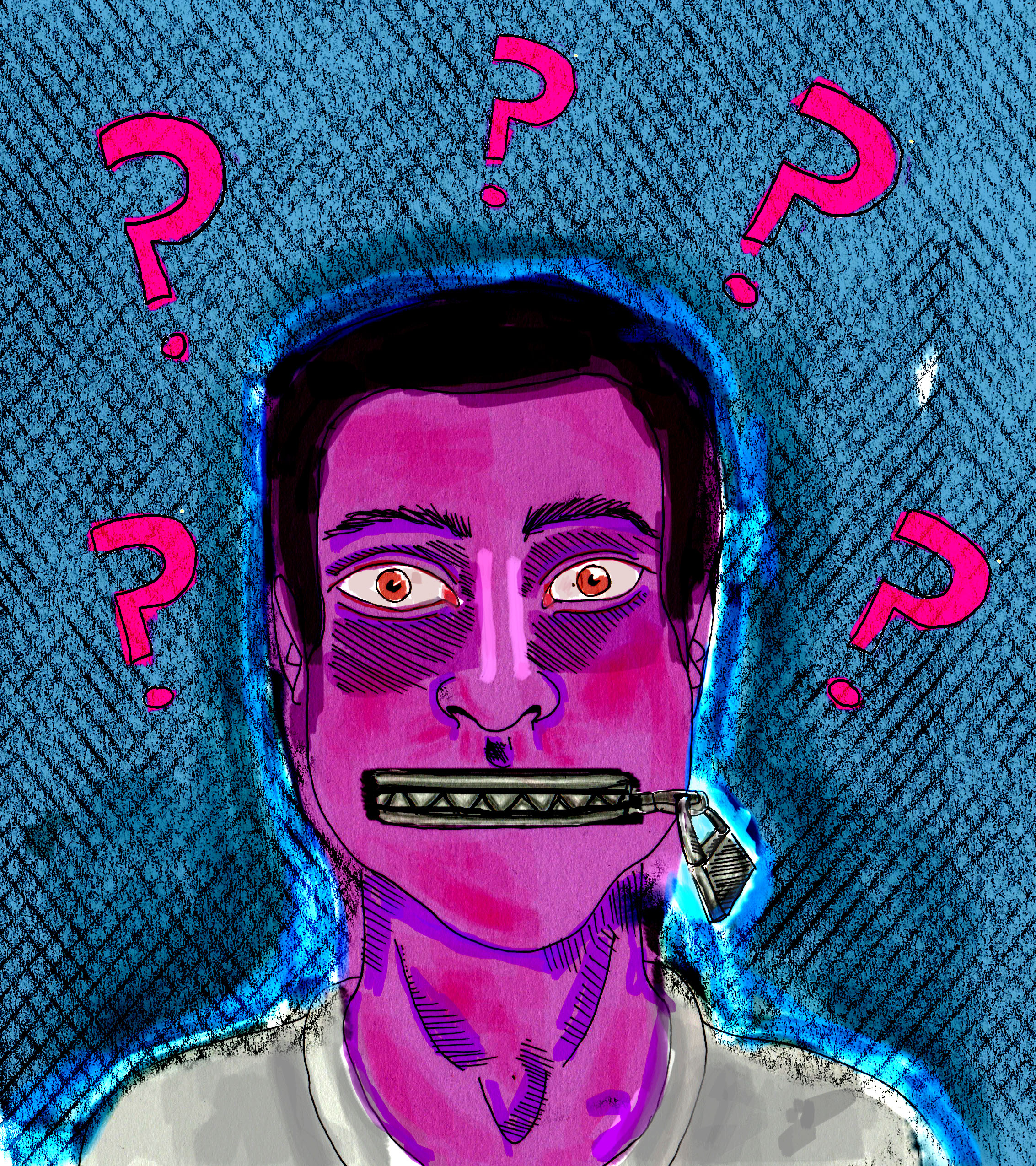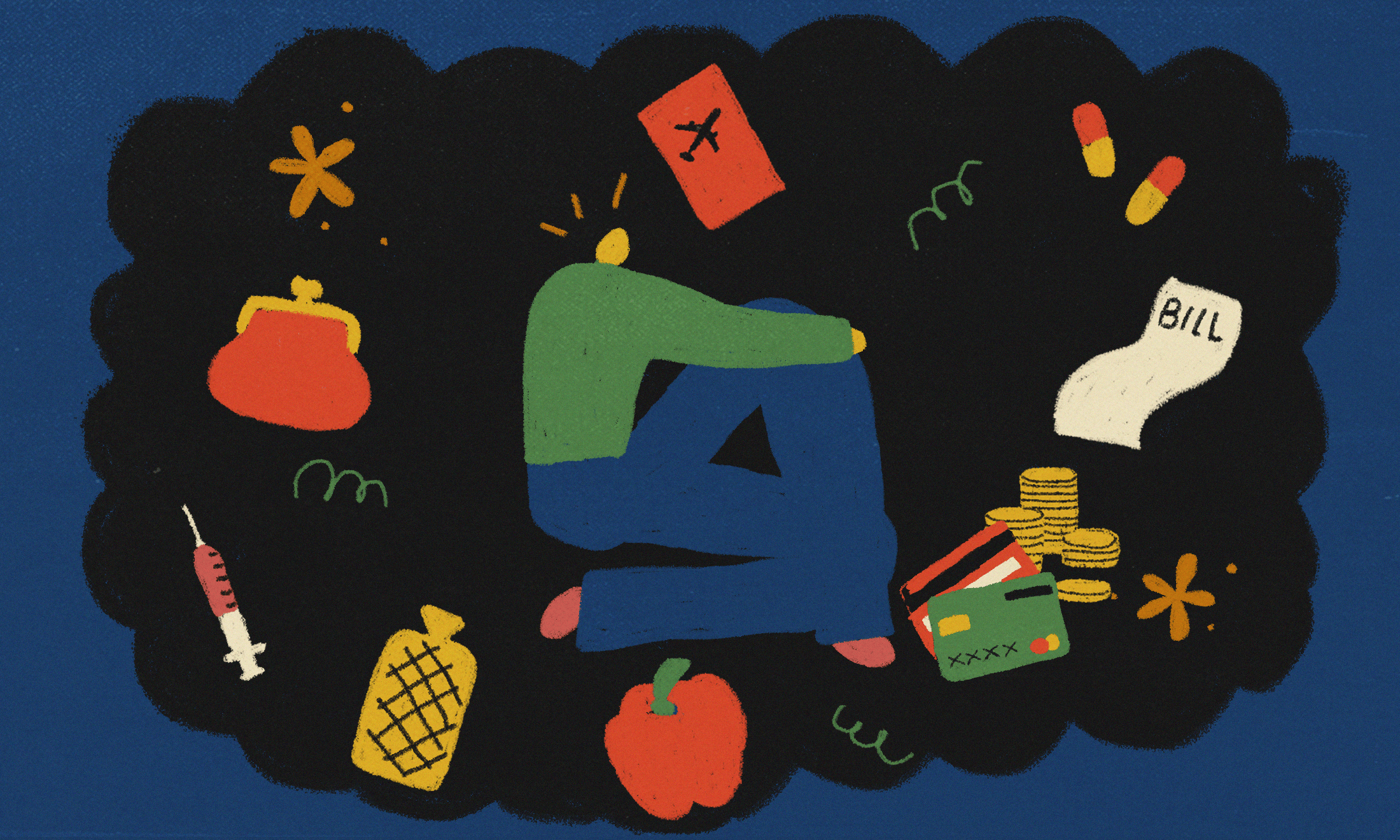
When exactly does a police officer have the right to stop and search you? Do you have to answer their questions? What must the officer tell you before they can legally conduct a stop and search?
These are all questions you can find clear, succinct answers to on the Know Your Rights website. These are also questions that, without the site, I wouldn’t have been able to answer. It’s strange, yet unsurprising, that such information has taken this long to be made as easily accessible to the public as it should be, and, even more unsurprising, that it’s taken the initiative of two young black women to create such an essential platform.
Although still in its early stages, Know Your Rights (KYR) is a project with very clear intentions. The site puts in black and white: “It is the right of every citizen to know their rights.”
Last week I spoke with KYR co-founder Natalie Fadugba to learn more about the project and what led herself and fellow founder Kaneesha Johnson to create a platform so vital in Britain’s current social landscape. “We’d both been frustrated by the state of the world – how little people know,” Natalie says. “With KYR we want to work with communities and educate ordinary people about their legal rights. The information is out there and I think it’s everyone’s right to know.” Kaneesha agrees, adding that “the resources are out there… the problem is it is often difficult to find and confusing once you do find it.”
Right now, despite currently being separated by the Atlantic (Kaneesha is in the U.S studying for a PhD in Political Sciences and Natalie is London-based, working with ASOS magazine), the two are working away developing the project. Both met as teenagers whilst growing up in the small, predominantly white town of Colchester, and Natalie tells me that they’d shared an interest in following politics and the criminal justice system. Their friendship came to be largely because “there were certain conversations we could only have between ourselves.”
Years later, KYR’s inception seems to have arisen out of another ordinary conversation between the two, as they both began to question how much of their legal rights they actually knew – which according to Natalie, was “surprisingly little.” She recognises “this sort of communication is so lacking in communities – people don’t know where to voice their feelings.” Kaneesha shares the sentiment – “There are so many obscure laws that I had no idea about, I still don’t understand all of them, it’s been a big learning curve.” It’s frustrating; to attempt to better understand a legal system you navigate, but in return being offered information so convoluted it seems more work than it’s worth to decipher. This level of inaccessibility should more often be called into question. It may not be an outright refusal of access, but its consequence is the same.
As the two began educating themselves, together they became determined to use their research to create a platform where all can easily access information on their rights. When I asked if there were any other motivations (more personal) behind beginning the project, and both agreed. Yes, they wanted to know how to handle themselves, but their desire to do so was rooted in their experiences witnessing poor relations between their communities and the police growing up. Kaneesha tells me her own motivations came from both academic interests and the experiences of her father and his friends whilst growing up, “I was very lucky in that way, so many people have had much worse encounters with law enforcement, for their entire lives, and it becomes something that is just a given. We know that this is such a pertinent issue, which is why we are spending this time trying to figure out how we can help with such an ingrained problem.”
Natalie makes it clear that to her, Know Your Rights is about “improving individual community relationships with the police.” When I ask of her own encounters with the police growing up, she tells me that although she’d never been stopped and searched personally – her brother had, “multiple times.”
So had mine.
Natalie shrugs off her own encounters of racism in school as something “routine”, but lingers on the memory of her brother having been stopped and searched frequently by the police, seemingly without reasonable cause. This experience seems formative for her, in the same way that it is for many young black people who grow up discovering it’s easier to avoid the police altogether, than to attempt to “handle” your encounter. It’s unsurprising that rebuilding that relationship seems to be at the heart of Know Your Rights.
The pair visited Brixton to put the project into motion last year. They began distributing pocket sized cards explaining the rights of each citizen during a stop and search. After their initial conversations, Natalie explains the process that followed; brainstorming ideas and deciding “how best to make the information accessible”, eventually settling on the collapsible card – “something easy to digest, something you could hold and share.” She hands me one and it’s a definite success; clear, concise and no larger you’re your palm. Speaking to elders of the community alongside youth, Natalie tells me that the overall of level of public knowledge was low, and the level of people’s willingness to engage even lower. The consensus was one of dismissal.
They posted a few of the responses they received on the website:
“I’ve had a lot of experiences with police, and none of them have been good.”
“I’ve been stopped three times, one time for matching a description, two times because they were bored and wanted to fill out a form.”
“‘You do not have to answer’? That’s a joke. Maybe you have that right because you have lighter skin and you are girls. If we get stopped we don’t have those rights.”
Kaneesha tells me about a “disturbing” trend from their experience, revealing the way in which entire communities so often become forced to rely on stories – frequently recalling poor encounters with police – as their only form of education on their legal rights: “The people who knew the most were the ones who’d had their rights exploited.”
Poor relations between people and law enforcement so often leads to whole communities collectively withdrawing trust in law enforcement. In Brixton, an area with a long history of tensions with police, this is especially true. Natalie says it was most interesting for her to hear the voices of the older generation, “when speaking to elders you can hear the struggle in their voices, they’ve been living through this for years. People are exhausted.”
Both know exactly what they want to achieve with KYR; to first build a platform providing quick and easy access for people to get a hold of their legal rights, and expand the project – creating frameworks for tackling a range of “location-specific issues,” including but not limited to stops and searches. “The problems in Brixton are not the same as the problems in Adderdale, Cumbria,” Kaneesha tells me, “We have to figure out… what are the problems? What do the people in this area need to know?” Natalie has a similar determination to adapt the project to the needs of each specific community, proposing plans for possible programs integrated into schools and open library discussions.
For now however, the pair are taking their time, continuing their research on the ground and reaching out to those who can best help them identify the major gaps in public knowledge and the best methods and mediums to distribute the information. It takes time to build something from nothing, and they want to make sure they do it right.

Britain’s policing was built on racism. Abolition is unavoidable

How Pakistan’s Khwaja Sira and transgender communities are fearing and fighting for their futures

Their anti-rape performance went viral globally. Now what?





